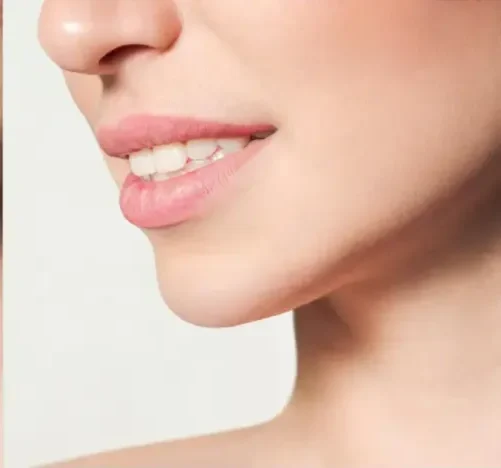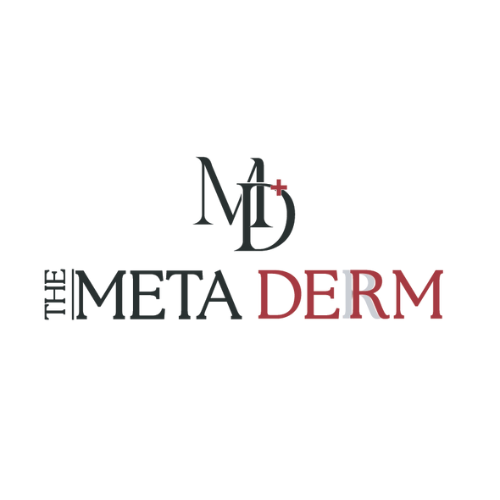PCOS and Hormonal Acne: A Tougher Challenge
Adult hormonal acne is a stubborn variant that can be tricky to treat. PCOS or Polycystic Ovarian Syndrome is the most common cause of Hormonal acne. It appears as deep, painful cysts around the jawline. Dermatologists manage this complex condition using various hormonal acne treatments to balance hormones. The results are impressive, with over 96% of cases showing significant improvement!

Key Highlights:
- Hormonal acne presents as deep pimples around the jawline.
- Acne due to PCOS falls under the blanket term of Hormonal Acne.
- Investigations, including blood tests, are needed to look for rare hormonal imbalances.
- Anti-hormone medications can predictably manage this subtype of acne.
- Anti-acne vitamin A compounds, either topically or in tablet form, are effective.
- Medical grade Chemical peels are a part of the treatment.
- Lasers can speed up the resolution of deep cysts and pimples.
Hormonal Acne Treatments at a Glance
- Best Results: 1-4 months
- Procedure Duration: 3-15 minutes
- Result Longevity: Permanent in most cases
- Back to Daily Activities: Immediately
- Recovery Time: 0-1 days
- Anesthesia: Not required
- Performed By: Dermatologist
- Cost: ₹ (Consultation required)
Our results speak for themselves






Hormonal Acne: Fix the Hormones to Fix the Skin
To conquer hormonal acne, you need to tackle the root cause: hormonal imbalance. Skincare alone won’t cut it. A comprehensive hormonal investigation is crucial to identify and correct the underlying issue.
Frequently Asked Questions
Unlike normal acne, hormonal acne is deep. It presents as blind-ended pimples on the face, predominantly around the jawline, but it can also affect the neck and trunk. This form of acne is predominantly seen in females with PCOS. Adult hormonal acne treatments are complex and challenging.
If your acne is non-scarring and you would like to try natural remedies, start with:
- An anti-acne diet, which can be effective in over 50% of hormonal acne cases.
- Natural anti-hormones include green tea, liquorice, spearmint, and saw palmetto.
PCOS is a form of hormonal acne. It is super common, affecting one in fifteen women in India. A diagnosis of PCOS is given if you meet 2 out of 3 criteria, which include:
- Skin changes such as acne, hair loss, excess hair (hirsutism), or dark patches.
- Hormonal changes, including heavy periods or abnormal hormonal profiles.
- Cysts on the ovaries detected via ultrasound.
PCOS can also cause weight gain, irregular periods, infertility, and metabolic issues like glucose intolerance.
Consider seeing a specialist if you have:
- Acne that is scarring.
- Persistent acne that does not respond to standard treatments.
- A family history of acne that required specialist intervention.
- A need for fast and effective control.
PCOS treatment (Hormonal Correction) is required to effectively treat hormonal acne.
Hormonal acne can be easily and effectively managed by dermatologists. Key considerations include:
- Urgency: Most treatments take 2-4 months to show results. This includes anti-hormonal medications, tablets, and topicals.
Acne scarring: - Hormonal acne cases may lead to scarring. Prompt and effective treatment can reduce scarring.
- Adjunctive measures: Follow-ups are necessary for prescription medicines for PCOS. Acne skin care products, diet, and makeup practices.

